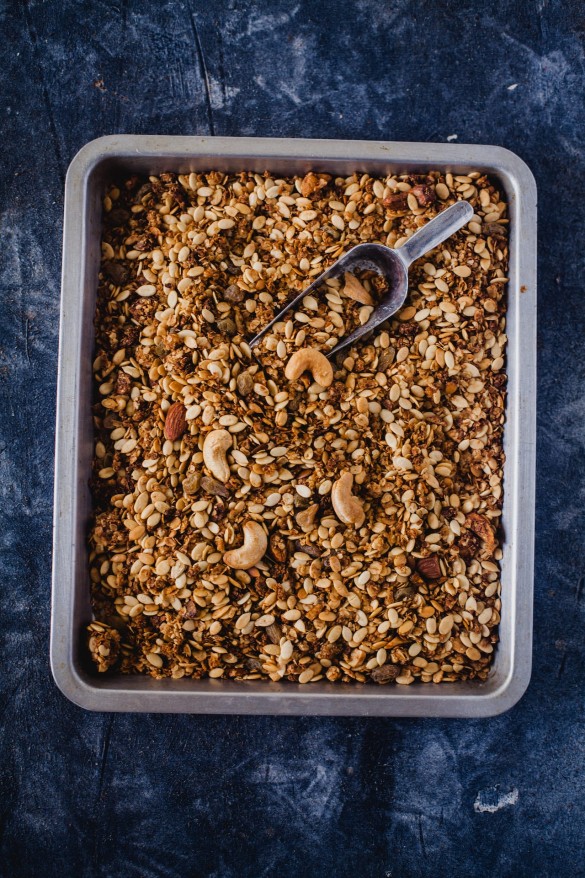
Constipation is a common ailment that affects people of all ages and backgrounds. It can be uncomfortable, frustrating, and even painful. To combat this issue, various remedies have been proposed over the years, including the combination of jaggery-ghee, melon seeds, and sesame seeds. But are these home remedies really effective, or are they just myths? In this article, we delve into the science behind these claims to separate fact from fiction.
Many believe that consuming a mixture of jaggery and ghee can provide relief from constipation. The rationale behind this myth is that the combination lubricates the digestive tract, making it easier for stool to pass through.
While jaggery and ghee are undeniably delicious, the scientific evidence supporting their effectiveness in treating constipation is limited. Both are calorie-dense foods, and consuming them in excess can lead to weight gain, which might exacerbate constipation issues. A balanced diet with adequate fiber intake remains a more proven method to prevent and alleviate constipation.
Melon seeds have a reputation for promoting healthy digestion. Some people believe that consuming melon seeds can help alleviate constipation due to their purported laxative properties.
Melon seeds are indeed a source of dietary fiber, which can aid in regular bowel movements. However, relying solely on melon seeds to treat constipation may not be effective. A well-rounded diet that includes various sources of fiber, such as fruits, vegetables, and whole grains, is essential for long-term digestive health.
Sesame seeds have long been used in traditional medicine for their potential digestive benefits. It is believed that sesame seeds can help relieve constipation when consumed regularly.
Sesame seeds are a good source of fiber, which can contribute to improved bowel regularity. However, the key to addressing constipation lies in a holistic approach that includes hydration, exercise, and a balanced diet. While sesame seeds can be part of a constipation-relief strategy, they should not be relied upon as a sole solution.
Some individuals assume that making specific dietary choices, such as including jaggery, ghee, melon seeds, and sesame seeds, can single-handedly cure constipation.
Constipation is a multifaceted issue, often influenced by factors like hydration, physical activity, and overall dietary habits. While certain foods may contribute to digestive health, they should be part of a broader strategy that includes a balanced diet rich in fruits, vegetables, whole grains, and adequate water intake.
Many people believe that home remedies are inherently safe because they are natural and have been used for generations.
While some home remedies may offer relief from minor ailments, it's essential to exercise caution and consult with a healthcare professional when dealing with persistent constipation or any health issue. What works for one person may not work for another, and it's crucial to ensure that the chosen remedies do not interact with any underlying medical conditions or medications.
In the quest to find relief from constipation, it's essential to distinguish between myths and scientifically proven solutions. While jaggery-ghee, melon seeds, and sesame seeds do have potential digestive benefits, they should not be considered standalone remedies for constipation. A balanced diet, hydration, exercise, and consulting with a healthcare provider remain fundamental in addressing and preventing constipation.
Remember, constipation can sometimes be a symptom of an underlying medical condition, and seeking professional advice is the safest course of action. While these traditional remedies can be incorporated into your diet, they should not replace a holistic approach to digestive health. In the battle against constipation, knowledge is your most potent weapon. Stay informed, stay healthy.
Eating These Foods Daily Can Help Maintain Healthy Cholesterol Levels
If You Want to Live for 100 Years, Make These Lifestyle Changes- Keep Illness at Bay
Spice Up Your Weight Loss Journey: How These Spices Help Shed Pounds